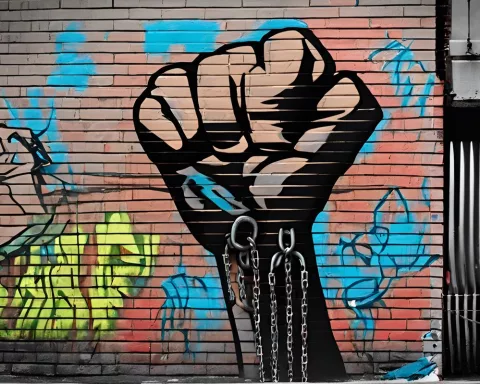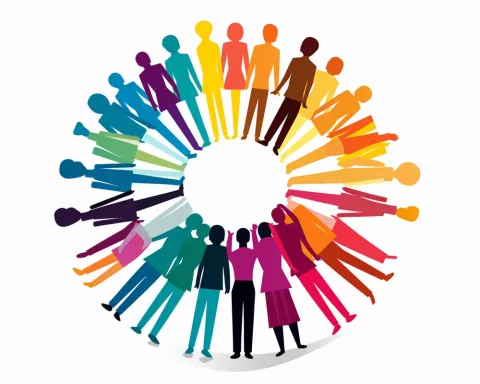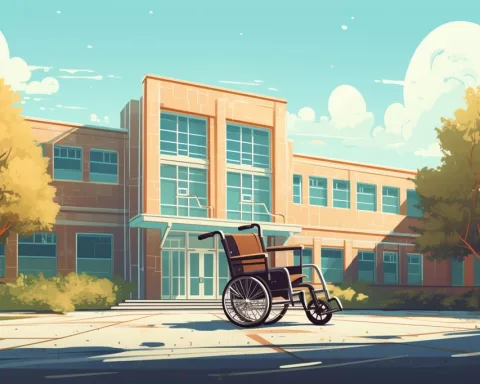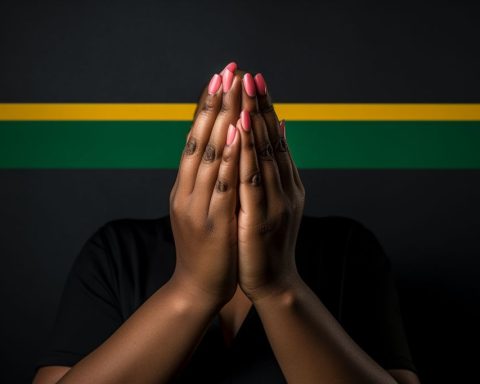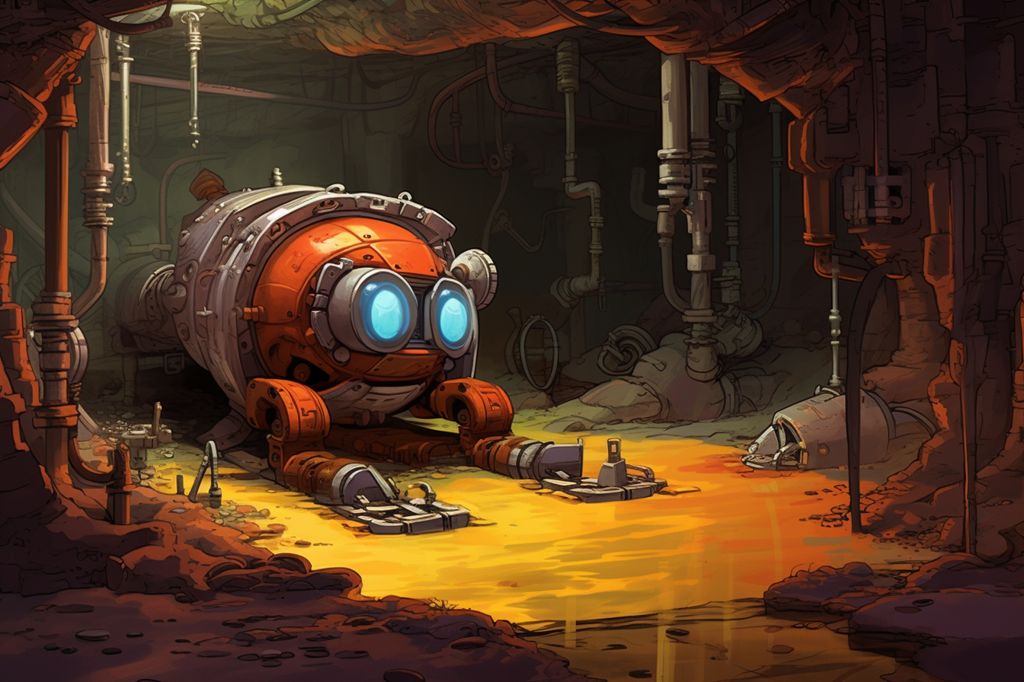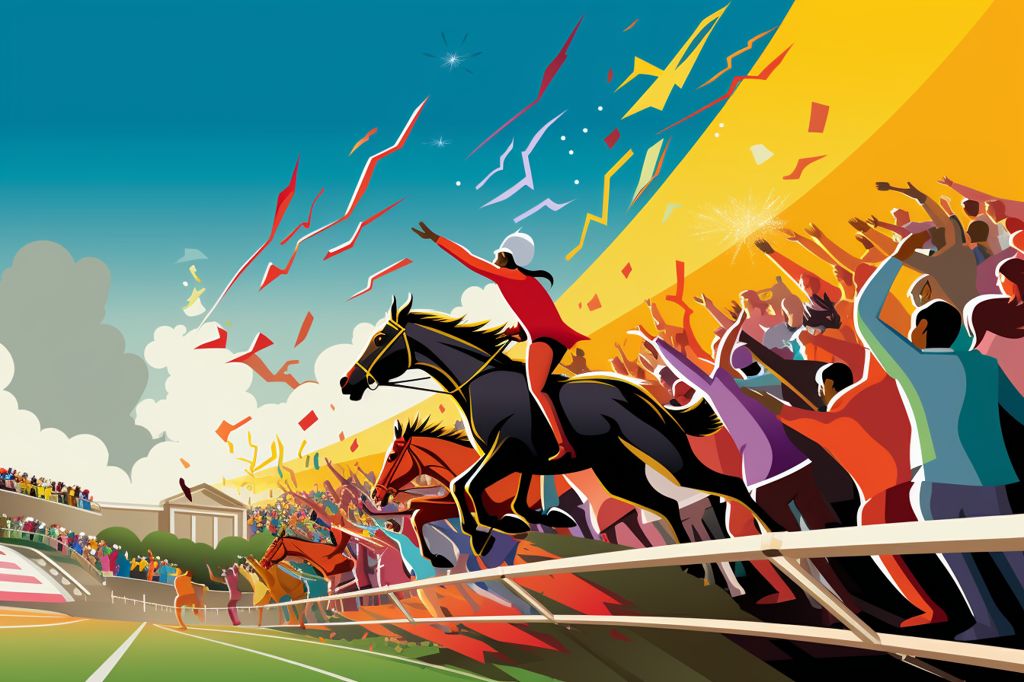In 1971, Hoosen Bobat, an 18-year-old tennis player from South Africa, was denied the opportunity to participate in the prestigious Wimbledon junior tournament due to racial discrimination. This incident highlights a dark chapter in the history of tennis, with long-lasting consequences for the sport’s governing institutions.
AETC’s Responsibility in Bobat’s Exclusion
The All-England Tennis Club (AETC), responsible for organizing the Wimbledon Championships, played a crucial role in Bobat’s exclusion. Despite Bobat’s outstanding performance in international tennis tours, the AETC revoked his invitation to participate in the Wimbledon junior singles event, acting upon the demands of the Apartheid-era South African tennis union, an exclusively white organization.
Bobat’s Aspirations and Unresolved Case
Bobat’s exclusion shattered his dreams and aspirations to compete on the world stage. In a recent interview with The Guardian, he expressed his desire to represent his country and people, and to prove that black individuals could succeed in tennis despite a lack of resources and support. However, his case remains unresolved, despite efforts by South African academic Saleem Badat to raise awareness and seek justice.
AELTC’s Response and Overlooked Realities
Requests for a meeting with the AELTC have been denied, and the chief executive, Sally Bolton, cited that entries into the tournament were managed by national federations. However, this explanation overlooks the reality that Apartheid-era South African laws would have barred black individuals like Bobat from joining the racist, exclusively-white national federation.
Addressing Past Injustices and Moving Forward
Badat hopes that AELTC’s commitment to diversity and inclusion would extend to rectifying past injustices. Acknowledging the 52-year-old wrong would contribute to healing the long-festering wound caused by Bobat’s exclusion from the Wimbledon tournament. As the world of tennis faces contemporary challenges, addressing past wrongs is essential for the sport’s institutions to demonstrate a genuine commitment to inclusivity and righting historical injustices. Only then can the sport move forward towards a more equitable future.


